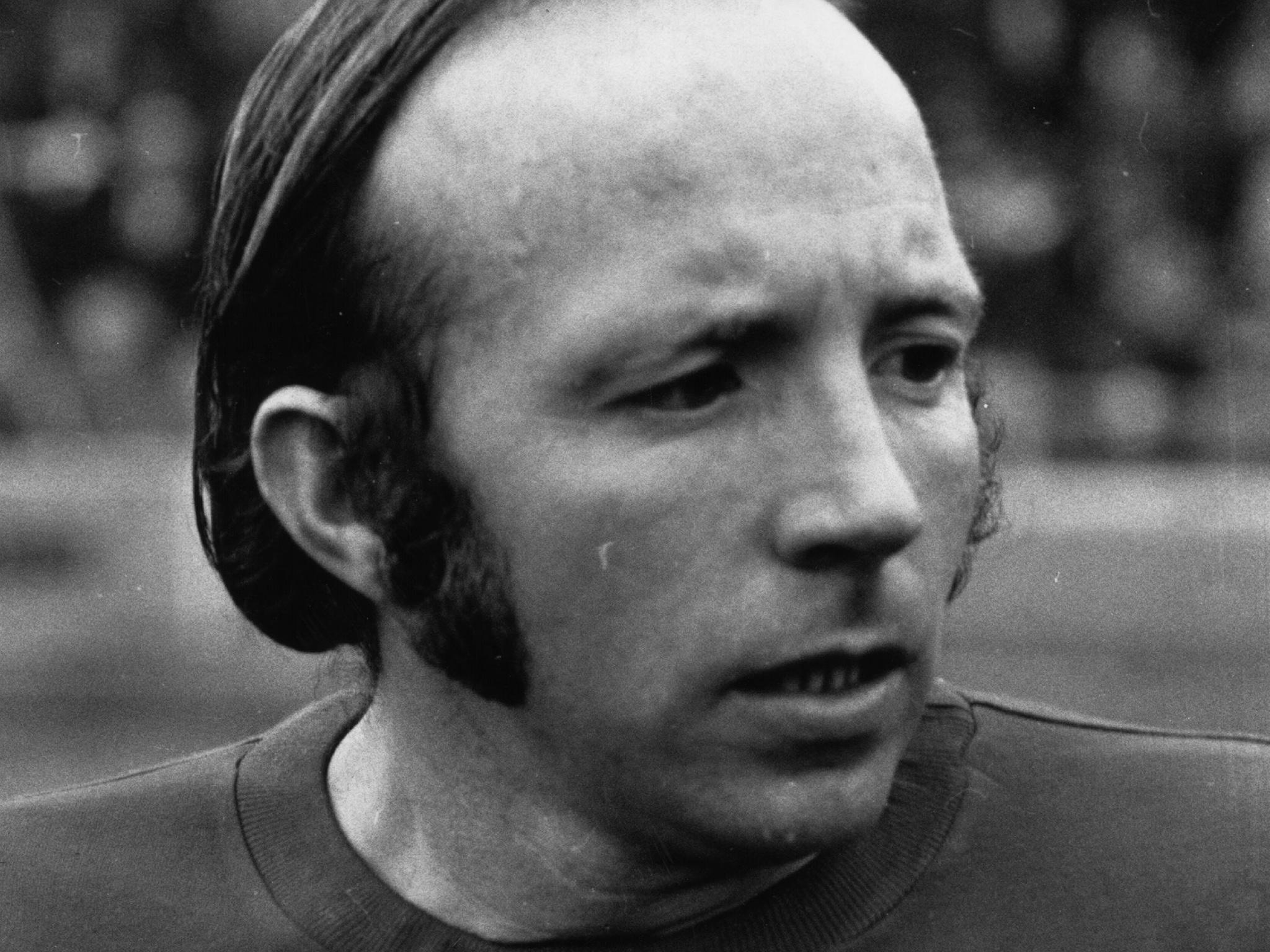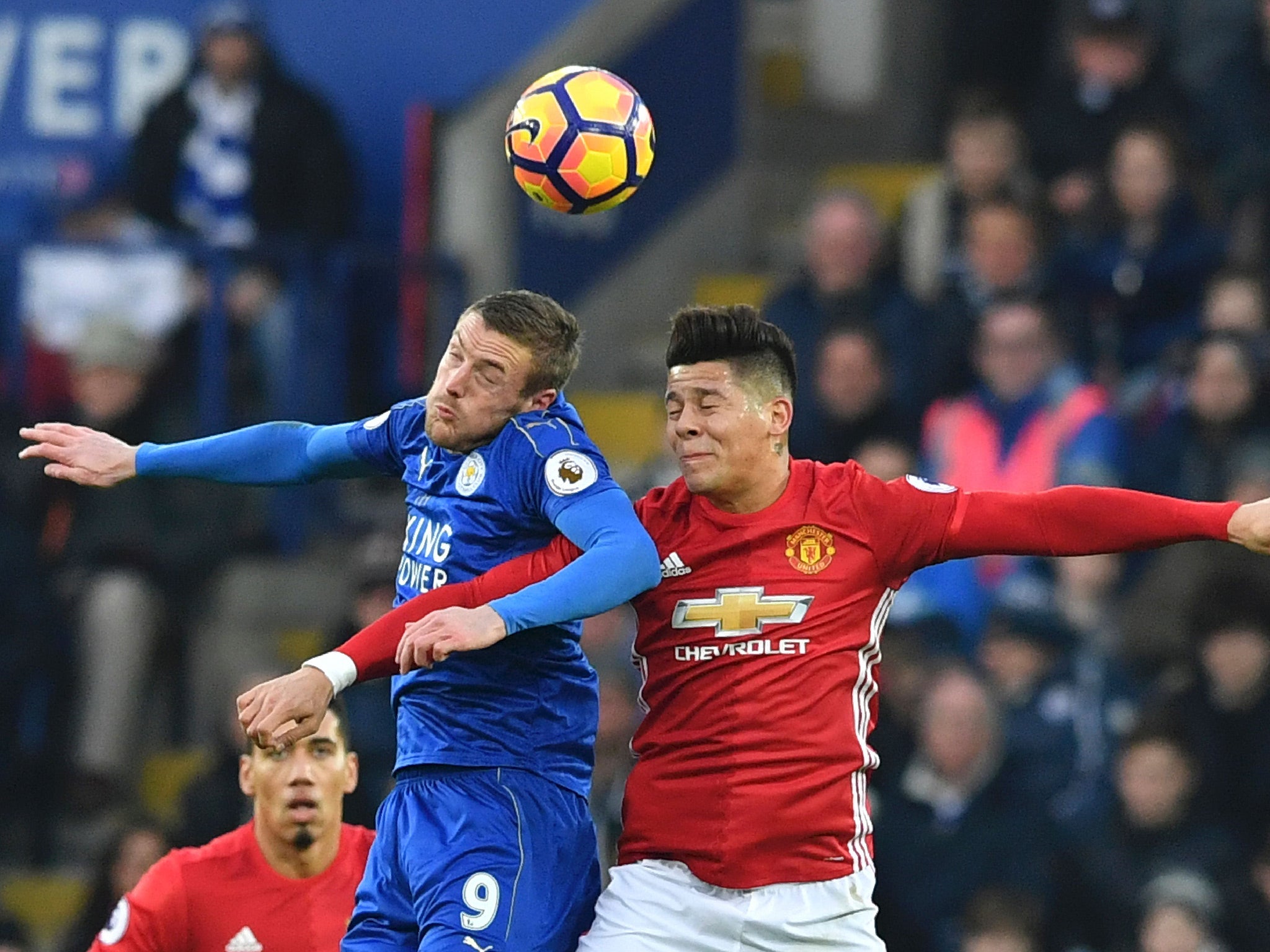PFA faces pressure to fund dementia research as details emerge of study into footballers' brain formation
Calls are mounting for research into a possible link between heading and dementia in football

The case for the Professional Footballers’ Association to pay out for independent research into whether repeatedly heading a football can affect the brain was strengthened on Monday by details of a little known Harvard research project involving 12 German footballers.
The United States is far ahead of the UK in its investigations into possible links and after a series of reports by The Independent – prompted by the early-onset dementia which has left former England World Cup winner Nobby Stiles desperately frail – it can be revealed that the Harvard Medical School investigation showed faintly perceptible changes in the white matter of the brain of all 12 players it examined.
The research project saw the brains of the German right-handed players, all of whom were from elite clubs, compared with those of eight elite swimmers, whose sport was selected because of the low exposure to repetitive brain trauma.
The study, a collaboration with Ludwig-Maximilians-University in Munich, found no perceptible change to the brain when standard magnetic resonance imaging devices were used. But when the brains were examined again with more specialist equipment, designed to discern the structure changes to the brains’ white matter, it was found that the footballers’ frontal, temporal and occipital lobes were altered, compared to the swimmers. These regions of the brain are known to be responsible for attention, visual processing, higher order thinking and memory.
It was not established whether heading the ball repeatedly caused the change in the tissue formation, though Harvard scientists said their work did demonstrate the need for further research. The study, which has not been reported in the UK media, was undertaken five years ago.
The families of retired British players who have suffered neurological disease after playing want research which might allow today’s players to know whether training regimes might be modified - especially those at the top end of the weekly heading workload, which US scientists have established can top 1,500 headers a week.

“Our study found differences in integrity of the white matter of the brains of soccer players compared with swimmers,” said Inga Katharina Koerte, lead author of the report and a researcher at the Harvard Medical School’s Brigham and Women’s Hospital. “Although only participants without previous… concussion were included, we found changes in the brain that are consistent with findings observed in patients with mild traumatic brain injury.”
Martha Shenton, professor of psychology and radiology at Brigham and Women’s said that the cause behind the change in white matter architecture was unclear. “One explanation may be the effect of frequent sub-concussive brain trauma, although differences in head injury rates, sudden accelerations, or even lifestyle could contribute,” she said. ”Additional research is needed to confirm these results we observed in this small sample of soccer players and to help clarify the effects that alterations of white matter have on behaviour and health.”

Research published earlier this month by New York’s Albert Einstein College of Medicine found that players in a top quartile for numbers of headers were three times as likely to have concussion symptoms, such as pain, dizziness and feeling dazed, compared to those players in the lowest quartile. The college’s first work on the subject, in 2011, took a small sample size of 38 players and found that those with the highest annual heading frequency performed worse on tests of verbal memory and activities that require mind-body coordination, like throwing a ball, relative to players who head the ball less frequently.
The Football Association has said that it has not yet commissioned research because its ‘expert concussion panel’ wants to ensure that the terms of reference are correct. The governing body claims that it is hampered by an absence of published research on the effects of heading a football. It is still unclear when a research project might be launched. The PFA says it is leaving the work to the FA.
Join our commenting forum
Join thought-provoking conversations, follow other Independent readers and see their replies
Comments
Bookmark popover
Removed from bookmarks